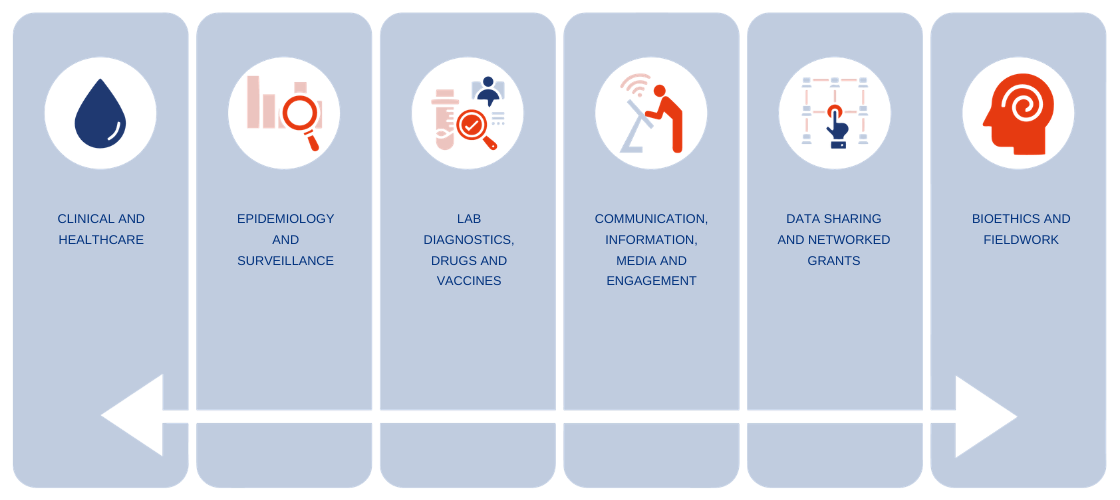
In late 2015, doctors and primary health care professionals from the field in Northeast Brazil realized they were facing a new challenge. An alarming high rate of newborn babies with microcephaly and other neurological disorders raised medical and scientific concerns. In early 2016 the causal connexion between the Zika virus epidemic and microcephaly was established by a case-control study coordinated by Fiocruz.
The national government reacted and declared this a National Health Emergency, enhancing its capacity to respond to this crisis. Immediately, Fiocruz, the leading scientific health institution in the country, prepared for the response. The institution carried on activities in a variety of realms, such as research, surveillance, strengthening of health services, and production of health products like molecular tests.
In February 2016, WHO declared the first Public Health Emergency of International Concern (PHEIC) ever established in South America. This situation attracted a lot of the world's attention, especially because Brazil was to host the 2016 Olympic Games.
Fiocruz presidency understood interdisciplinary work was key to give a proper response to this complex issue and its long-lasting consequences and convened the creation of a network that could gather researchers from a variety of fields. Geography, Anthropology, Bioethics, Social Psychology, Public Health, Communications, Data specialists, Epidemiology, and health services are some of the realms covered by the professionals involved in the Zika Social Sciences Network. Furthermore, the network works closely with the civil society and social movements, as their knowledge and perspective are crucial and a fundamental part of the matter.

Considering the scientific, social and political implications of such a situation in the short and long terms, the aim of the Network is to investigate the social, political and epistemological processes related to the impact of the Zika virus epidemic, as both a social and a health problem not only for Brazil, but as a global health issue.
In order to meet this objective, the Network cooperates with researchers and institutions, promote community engagement and education, and produce and disseminate knowledge in a comprehensive and collaborative way.
Some of the Network´s specific objectives include:
- investigate the Zika Virus epidemic with a focus on historical and social entanglements related to its emergence, dissemination and consequences;
- identify and analyze coordination and cooperation mechanisms to contribute to the integration of health, assistance and social security policies for the care of babies born with congenital malformations associated with the Zika epidemic;
- map the production and circulation of different discourses about the Zika virus epidemic from journalistic, scientific, official sources and from different social groups to analyze ownership, legitimacy and the use of information, knowledge and scientific evidence and its representations;
- to understand the dimensions of health promotion in the light of the Zika epidemic in contexts and situations of vulnerability, recognizing the social indicators of gender, race, class, place of residence and religion;
- analyze the main epidemic repercussions of Zika and response of the health systems and services in Brazil;
- to analyze and debate equity in scientific cooperation among national and international partners and stakeholders related to Zika research in Brazil;
- improve digital research in health using scientometrics, altmetrics and digital methods to map public understanding, perception and engagement on the Zika epidemic through social media and other internet platforms.